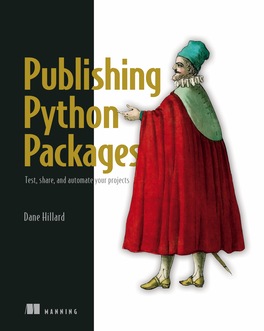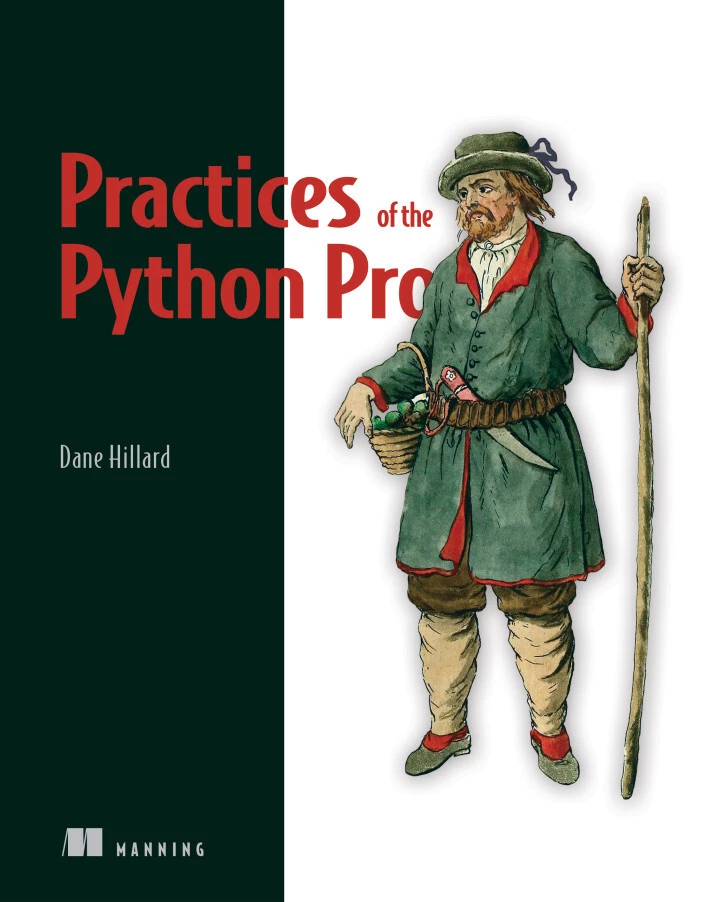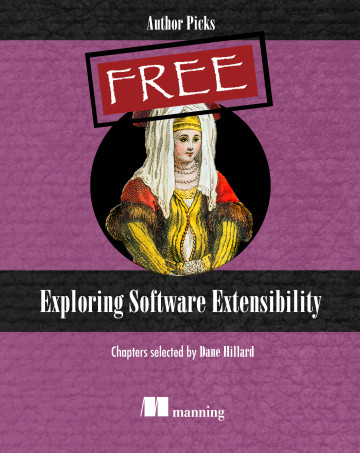I'm a software engineer and web developer interested in education, biotechnology, and open source.
The life of a maintainer can be hard. Beyond writing working code, you have to triage issues, review pull requests, and create releases regularly. Don't let the logistics of package management get in your way. Publishing Python Packages: Test, share, and automate your projects is a book about creating and streamlining a repeatable process for authoring and maintaining Python packages. Whether you're looking to create your first published Python package or trying to reduce the maintenance burden of the packages you already work on, Publishing Python Packages: Test, share, and automate your projects has something for you. Check out daneah/publishing-python-packages for the accompanying code samples.

If you're new to the software development industry, consider checking out my book, Practices of the Python Pro. It provides broad introductory coverage of software design, maintenance, and testing. You might also want to check out daneah/practices-of-the-python-pro for the accompanying code samples.

With two chapters from Practices of the Python Pro and one chapter each from Object Design Style Guide and The Design of Web APIs, Exploring Software Extensibility is a great entrypoint into the ideas that make software live a long life. Software is rarely complete, so building it to last by being open to future requirements and change is a must.




